The IT industry is constantly evolving, with new technologies emerging to streamline processes, enhance security, and drive innovation. As we progress through 2024, several key technologies are reshaping the landscape of IT companies, enabling them to operate more efficiently and effectively. Here’s a look at the latest advancements making waves in the IT sector.
1. Artificial Intelligence and Machine Learning
Artificial Intelligence (AI) and Machine Learning (ML) continue to be at the forefront of technological innovation in IT. These technologies are being used to automate routine tasks, analyze large datasets, and provide predictive insights. In 2024, AI and ML are integral to various applications, from improving customer service with chatbots to optimizing supply chains and enhancing cybersecurity through predictive threat detection.
2. Edge Computing
Edge computing is revolutionizing how data is processed and analyzed. By bringing computation and data storage closer to the location where it is needed, edge computing reduces latency and bandwidth usage. This is particularly beneficial for IoT devices and applications requiring real-time processing. IT companies are leveraging edge computing to enhance performance, reliability, and security of their systems.
3. Quantum Computing
Quantum computing is no longer just a theoretical concept; it is becoming a practical tool for solving complex problems that are beyond the capabilities of classical computers. IT companies are investing in quantum research and development to tackle challenges in cryptography, material science, and large-scale data analysis. While still in its early stages, quantum computing promises to deliver unprecedented computational power and speed.
4. Blockchain Technology
Blockchain technology, best known for underpinning cryptocurrencies like Bitcoin, is finding new applications in IT. From secure data transactions to decentralized applications (dApps), blockchain offers enhanced security, transparency, and immutability. IT companies are exploring blockchain for supply chain management, secure voting systems, and identity verification solutions.

5. 5G Connectivity
The rollout of 5G networks is transforming IT infrastructure by providing faster, more reliable internet connections. 5G enables the proliferation of IoT devices, supports advanced applications such as augmented reality (AR) and virtual reality (VR), and enhances remote work capabilities. IT companies are harnessing 5G to improve connectivity, reduce latency, and support the growing demand for high-speed data transfer.
6. Cybersecurity Advancements
As cyber threats become more sophisticated, cybersecurity technologies are evolving to protect sensitive data and systems. IT companies are adopting advanced security measures such as zero-trust architectures, multi-factor authentication (MFA), and AI-driven threat detection. Additionally, blockchain is being used to create more secure authentication and data integrity solutions.
7. Robotic Process Automation (RPA)
Robotic Process Automation (RPA) is being utilized to automate repetitive and mundane tasks, freeing up human resources for more strategic activities. RPA bots can handle tasks such as data entry, invoice processing, and customer support, improving efficiency and reducing errors. IT companies are implementing RPA to streamline operations and enhance productivity.
8. Serverless Computing
Serverless computing allows developers to build and deploy applications without managing the underlying infrastructure. This model provides scalability, flexibility, and cost-effectiveness, as resources are allocated dynamically based on demand. IT companies are leveraging serverless architectures to accelerate development cycles and reduce operational overhead.
9. Augmented Reality (AR) and Virtual Reality (VR)
AR and VR technologies are not just for gaming; they are being integrated into various IT applications. From virtual training environments to augmented maintenance solutions, these technologies offer immersive experiences that enhance productivity and learning. IT companies are using AR and VR for remote collaboration, training, and customer engagement.
10. Sustainable IT Practices
Sustainability is becoming a key focus for IT companies, driven by both environmental concerns and regulatory requirements. Technologies such as energy-efficient data centers, green cloud computing, and sustainable hardware design are being adopted to reduce the carbon footprint of IT operations. Additionally, companies are embracing circular economy principles, promoting the recycling and reuse of electronic components.
Conclusion
The technological landscape in IT is rapidly evolving, with innovative solutions driving efficiency, security, and sustainability. From AI and edge computing to quantum advancements and 5G, IT companies are at the forefront of adopting and integrating these cutting-edge technologies. By staying abreast of these trends and investing in their development, IT firms can not only enhance their operational capabilities but also deliver more value to their clients and stakeholders. As we move further into 2024, the continued evolution of these technologies promises to unlock new opportunities and reshape the future of IT.








